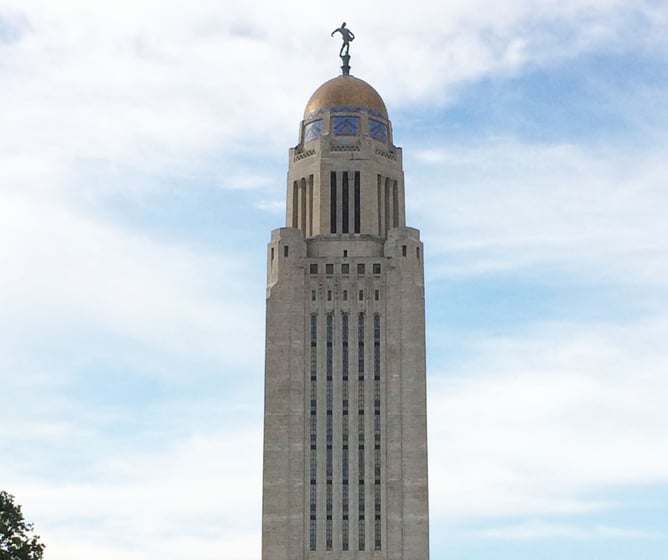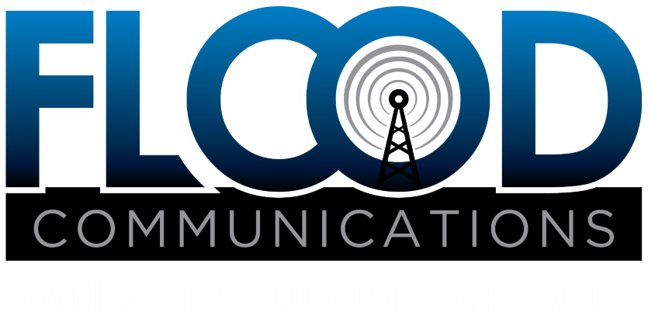Nebraska board forecasts another surge in state tax revenue

LINCOLN, Neb. (AP) — Nebraska lawmakers will have nearly $500 million in extra tax revenue for spending or tax-cut measures this year plus a record-high $1.7 billion in the state’s cash reserve fund, based on new projections approved Monday.
The Nebraska Economic Forecasting Advisory Board predicted a sharp increase in tax collections in the current fiscal year compared to its previous forecast in October.
The board approved the new estimates despite huge uncertainty about inflation, global supply chain problems, a statewide worker and housing shortage and the growing Russian conflict in Ukraine, all of which could rock Nebraska’s economy. The increase was largely driven by the trillions in federal pandemic aid pumped into the U.S. economy.
“In all the time I’ve been on the board, this is the most uncertainty that I can remember,” said Chairman Jerome Deichert.
According to the revenue forecast, Nebraska is expected to collect nearly $5.73 billion in taxes in the current fiscal year, which ends June 30. That’s a 10.7% increase over the board’s previous estimate, amounting to an extra $370 million.
For the following fiscal year, board members projected tax collections of $5.96 billion, which would be a more modest 3.2% increase over the prior estimates for that year. That would amount to an extra $405 million.
The boost in state revenue could fuel the push for tax cuts and other spending wishes, including major water projects backed by Republican Gov. Pete Ricketts and workforce assistance programs aimed at Omaha. But some lawmakers who faced a $1.2 billion budget shortfall just a few years ago said they wanted to remain cautious and not overspend.
“When the stimulus ends and the normal economy shows up, what are we going to look like?” asked state Sen. John Stinner, chairman of the budget-writing Appropriations Committee.
Stinner, of Gering, said he still expects a lot of lawmakers and special interest groups to clamor for a cut of the money.
“It’s going to be a food fight,” he said.
Members of the forecasting board said Nebraska’s economy appears to be roaring along with the nation’s lowest-ever unemployment rate and high farm commodity prices. But they also voiced concerns about businesses that are struggling to hire and expand due to a severe worker shortage and a lack of affordable housing.
Board member John Kuehn, a former state senator, said he sees growing frustration among many residents about rising fuel costs and global shortages that have made it harder to a buy a car or new farm equipment. Kuehn said pandemic assistance stimulated the economy but it’s not clear when the financial “sugar high” will end.
Board member John Bourne said Nebraska has been in the midst of a construction boom, but building supplies and labor are hard to find and some projects are now being postponed. Another board member, Zac Karpf, expressed concerns about Nebraska’s unusually dry winter that will likely lead to a drought that hurts agriculture, the state’s largest industry.
And board member David Ochsner said many banks are sitting on large amounts of idle cash because of the supply chain shortages and resulting difficulties in buying a new house or tractor.
“Interesting times, to say the least,” Bourne said.


